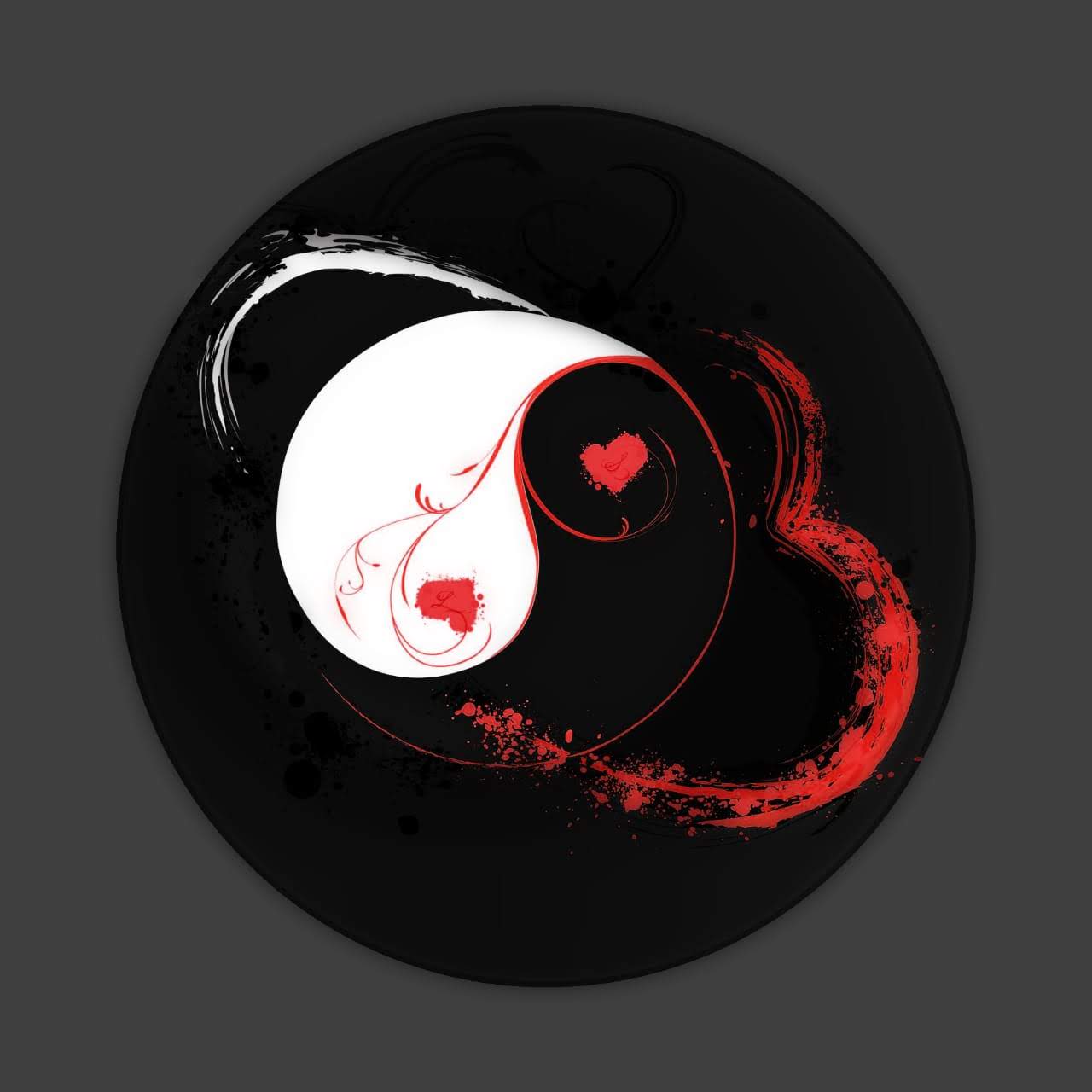Strange question to begin with. Of course you need to cite all your sources??
Do you have a source for this?
Of course
It’s in the syllabus.
Now we need to figure out when the first ever usage of “no” in the English language was.
Also isn’t the period supposed to be inside the quotation?
Is the period part of the quote?
Probably not, but the convention is that periods and commas always stay within the quotes, whether the period or comma is a part of the quote or not. (This differs from what one expects from writing code.) When using question marks though, the placement does depend on whether the question mark is a part of the quote.
Edit: When I was younger, I also didn’t know this and would place all punctuation marks according to whether it is a part of the quote. In fact, in my native language that is what you’re supposed to do. To this day I still dislike this convention in English.
Edit 2: I know that this is an American English thing.
If I remember correctly, this is a US thing. We were taught to place punctuation depending on whether they are part of the quote. So
I was reading ‘War and Peace’.
but
She asked me ‘Tea or coffee?’
Fuck convention when it doesn’t make sense, though. I’m gonna put stuff that’s part of the quote within the quotes and nothing else.

Learning programming before higher level English has created a strong distaste for that convention.
I also hate this convention tbh. Doesn’t really make sense.
(This differs from what one expects from writing code.)
I learned syntactic analysis at the same time as I learned to write code, and that convention always looked to me like made up by someone who learned none. “Ego dixi”.¹
¹Psalmus 40:5
Don’t those writing conventions and rules differ from region to region?
It’s a US thing.
deleted by creator
What, you egg?
[He stabs him]
Revenge, turn in a paper with a source citation for every single word
cite your own paper, the one you are submitting, as a source.
just to keep things interesting, have each citation refer to another place in the text, which In turn cites another, then back to the original.
throw in citations of your professor themselves for things taken wildly out of context.
Make it a recursive loop where the citation sources all makes a wild loop through the entire paper
That’s a terrible reference. Do they mean the first quarto, second quatro or first folio?
That’s not even a source.
For those wondering (and as far as I’ve been taught), a quote in a literary paper is not the same as a reference in a scientific paper (what most laypeople probably think of when they refer to citing one’s sources). They have different purposes in different types of papers. The former is a direct quote from the work being analyzed, as part of the analysis itself, while the latter is more of a “where did you get this claim/idea/concept from so others can also read about it as well as judge for themselves if it’s credible and up to date?”
It would also require an inline citation for most science paper formats that universities accept, like (Shakespeare, 1601) and an associated long form reference at the end of the paper, none of my classes have ever accepted a superscript and footer (then again I never asked, I just used APA for everything and no prof ever batted an eye). I know journals sometimes do use superscripts, but they have proprietary formats that most professors don’t expect students to use.
Though to be fair librarians are probably used to MLA format for literature, which is pretty much not used in science. I’m just splitting hairs and message that you need proper citations for both still stands.
And the citation is just awful.
Its certainly a source if the quote came from there.
Well, it sources where that quote came from, but the quote does not actually source their claim.
My source is I made it the fuck up.
deleted by creator
But this case they are quoting a ‘no’ written by William Shakespeare
“Not that no! I’m quoting THIS no!” 😁
I bet you are fun at parties.
Did you confuse citations with trademarks?










